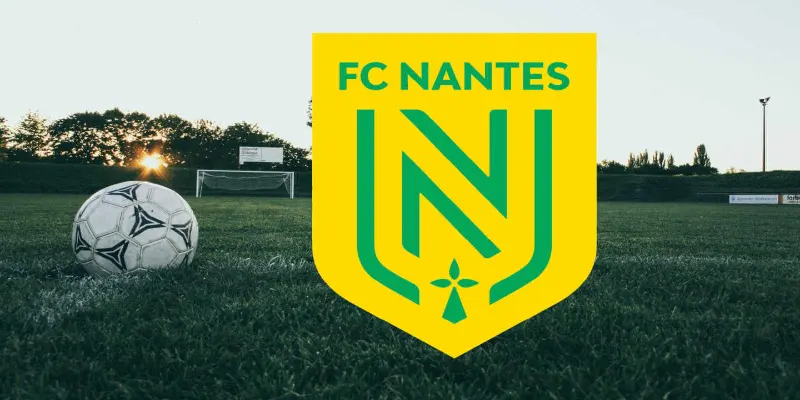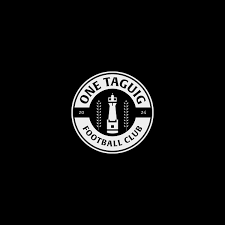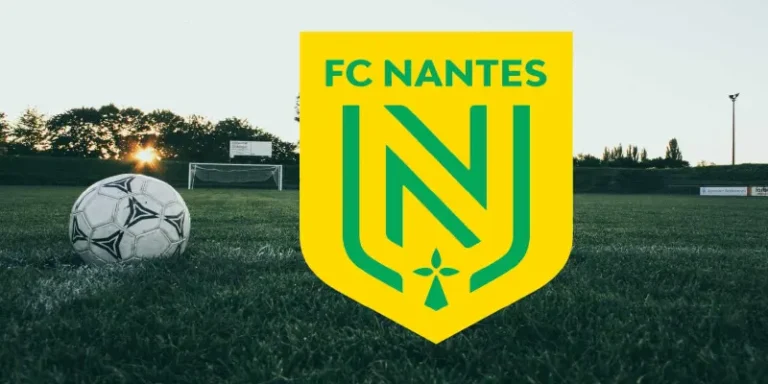
FC Nantes: A Historic Club's Journey and Key Highlights
FC Nantes stands as one of France’s most iconic football clubs, celebrated for its legacy of triumphs, resilience, and devoted supporters. Over the decades, the club has showcased excellence in football, a strong commitment to youth development, and deep regional pride. From its historic roots to recent performances, and featuring key players who inspire fans worldwide, BK8 this article offers an engaging look into what makes FC Nantes an enduring force in French football.
FC Nantes: A Brief History
FC Nantes’s history is intertwined with the evolution of French football itself. Founded in 1943, the club rose from local amateur roots to become a dominant force in Ligue 1, France’s top football division. The club’s early years were characterized by struggles to establish a foothold, but the 1960s marked a turning point that launched Nantes into national prominence.
During the 1970s and 1980s, FC Nantes enjoyed a golden era under legendary managers, notably Jean-Claude Suaudeau, leading the team to multiple Ligue 1 titles. The club was known for its attractive, attacking style of play, which earned it respect and admiration both domestically and abroad. Nantes’ commitment to youth development and innovative tactics set it apart from many of its contemporaries.
In addition to its domestic success, FC Nantes has participated in numerous European competitions, such as the UEFA Cup and the European Cup, showcasing its caliber on the continental stage. Over the decades, the club has accumulated a broad and dedicated supporter culture, symbolizing regional pride for Nantes and beyond. The club’s history is a testament to resilience, strategic vision, and an unwavering passion for football, establishing FC Nantes as a cornerstone of French sports history.
Recent Performance of FC Nantes
In recent years, FC Nantes has experienced a rollercoaster of performances, balancing between fighting for European qualification and battling relegation fears. The club’s recent campaigns have seen periods of promising form, interspersed with challenges that test its consistency. Analyzing the last few seasons reveals a team striving for stability and growth amid a competitive Ligue 1 environment.
The 2022-2023 season marked a turning point, with Nantes finishing comfortably mid-table, indicating a solid foundation built on tactical discipline and renewed attacking intensity. Under new management, the team adopted a pragmatic approach, emphasizing defensive solidity while still maintaining an offensive threat. This strategic shift reflected an adaptation to contemporary football demands and helped in securing vital points.
Despite some fluctuations, FC Nantes has shown resilience and a desire to return to its former glory by investing in youth and tactical innovation. The club’s recent performances have invigorated its fans, who see glimpses of a promising future. The ambition remains high: to return to European competitions and reinstate Nantes as a force capable of challenging top clubs regularly. The club’s recent trajectory demonstrates improvement and a clear vision for sustained success.
Key Players in FC Nantes’ Squad
The backbone of FC Nantes has always been its talented squad of players, blending experienced veterans with promising youngsters. Key players play instrumental roles, both in leadership and on-field performance, shaping the club’s current identity.
Impactful Strikers and Creators
Nantes’s attacking line has been spearheaded by prolific strikers and creative midfielders. Players such as Ludovic Blas have shown their ability to deliver crucial goals and create scoring opportunities. Blas, known for his vision and dribbling skills, epitomizes the youthful energy and technical excellence that FC Nantes champions in its schematics.
Defensive Pillars and Midfield Maestros
Defensively, the club relies on disciplined defenders who excel in organization and anticipation. Alongside them, central midfielders like Samuel Moutoussamy provide stability and link-up play, crucial for transitioning from defense to attack. These players exemplify the collective effort that underpins Nantes’s tactical approach.
In addition to current key figures, emerging talents and recent signings have infused new energy into the squad. The synergy between experienced players and young prospects creates a dynamic that can adapt tactically and flourish in demanding fixtures. Maintaining such a balanced core remains vital for FC Nantes’s pursuit of consistent success and competitiveness.
FC Nantes’ Home Ground and Stadium
The Stade de la Beaujoire-Louis Fonteneau stands as a symbol of tradition and community for FC Nantes. Located in Nantes, France, this stadium has a capacity of approximately 38,000 seats, offering an intimate yet vibrant matchday atmosphere.
History and Significance of the Stadium
Constructed in 1984 to host the UEFA European Championship, the Stade de la Beaujoire has witnessed countless memorable moments, from championship celebrations to intense European nights. Its design fosters close engagement between fans and players, cultivating a passionate environment that often gives Nantes a formidable home advantage.
Unique Features and Fan Experience
The stadium’s architecture encourages close proximity to the pitch, making it an intimidating place for visiting teams. Nantes supporters, known as the “Canaris” (Canaries), generate a thunderous ambiance with chants, tifos, and displays, rallying their team to elevate their performance. The shared history and communal spirit make attending a match here a unique football experience—not merely watching a game but participating in a cultural celebration.
The stadium’s atmosphere at FC Nantes matches embodies the club’s ethos: community, resilience, and passion. Efforts to modernize certain facilities aim to enhance fan comfort while preserving this historic character, ensuring that the Stade de la Beaujoire remains a fortress for generations to come.



